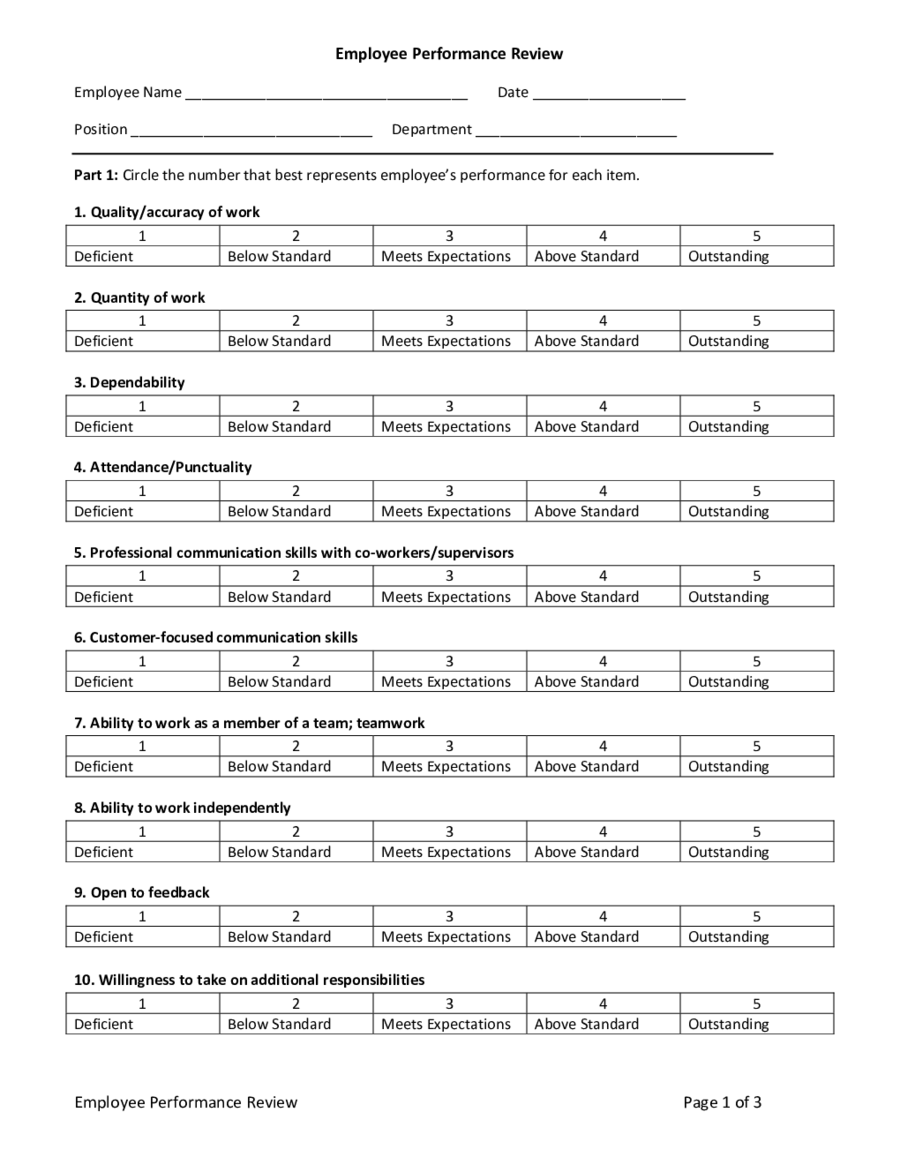Evaluation Of Employee Performance
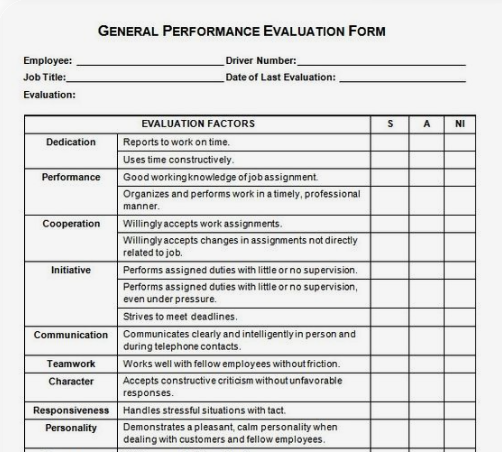
Performance evaluations are undergoing critical scrutiny. Widespread dissatisfaction fuels demands for more effective and equitable systems.
The current employee evaluation process, impacting millions of workers, faces mounting criticism for bias, inaccuracy, and ineffectiveness. Companies across all sectors are now urgently re-evaluating their methods, seeking strategies to foster genuine growth and improve morale rather than simply assigning arbitrary ratings.
Mounting Concerns Over Traditional Performance Reviews
Traditional annual performance reviews are increasingly viewed as outdated. Studies show a lack of correlation between ratings and actual performance improvements.
Deloitte reports that only 8% of companies believe their performance management process drives high levels of value. Employees frequently perceive evaluations as subjective and unfair.
The Society for Human Resource Management (SHRM) notes growing concerns that current systems disproportionately disadvantage certain demographic groups.
The Push for Continuous Feedback
Many organizations are transitioning to continuous feedback models. These systems emphasize ongoing conversations and real-time adjustments.
Accenture, for example, replaced its annual review with regular check-ins, reporting improved employee engagement and productivity. This shift aims to create a culture of constant learning and development.
The focus is on coaching and mentoring, rather than simply judging past performance.
The Role of Technology
Technology plays a crucial role in the evolution of performance evaluations. New platforms offer tools for gathering 360-degree feedback and tracking progress.
Companies like Google are using AI-powered systems to identify areas for improvement and personalize development plans. These tools promise greater objectivity and efficiency.
However, concerns remain about data privacy and the potential for algorithmic bias.
Addressing Bias and Ensuring Fairness
Combating bias is a top priority in the reform of performance evaluations. Companies are implementing training programs to raise awareness of unconscious biases.
Harvard Business Review suggests incorporating structured interviews and standardized scoring systems to reduce subjectivity. Some organizations are experimenting with removing names and demographic information from performance data to mitigate bias.
The goal is to create a more level playing field for all employees.
Impact on Employee Morale and Retention
Ineffective performance evaluations can have a detrimental impact on employee morale. Feelings of unfairness and discouragement can lead to decreased productivity and increased turnover.
A recent Gallup poll found that employees who feel their strengths are utilized at work are significantly more engaged. Performance management should focus on identifying and nurturing employee strengths.
By creating a supportive and developmental environment, organizations can boost morale and retain top talent.
Next Steps and Ongoing Developments
The re-evaluation of employee performance systems is an ongoing process. Companies are constantly experimenting with new approaches and technologies.
HR departments are urged to gather employee feedback and adapt their systems accordingly. Continuous monitoring and evaluation are essential for ensuring effectiveness.
The ultimate goal is to create a performance management system that is fair, accurate, and supportive of employee growth.
The changes are already underway across the Fortune 500, with smaller businesses now following suit. The future of work hinges on developing robust and equitable performance evaluation practices.

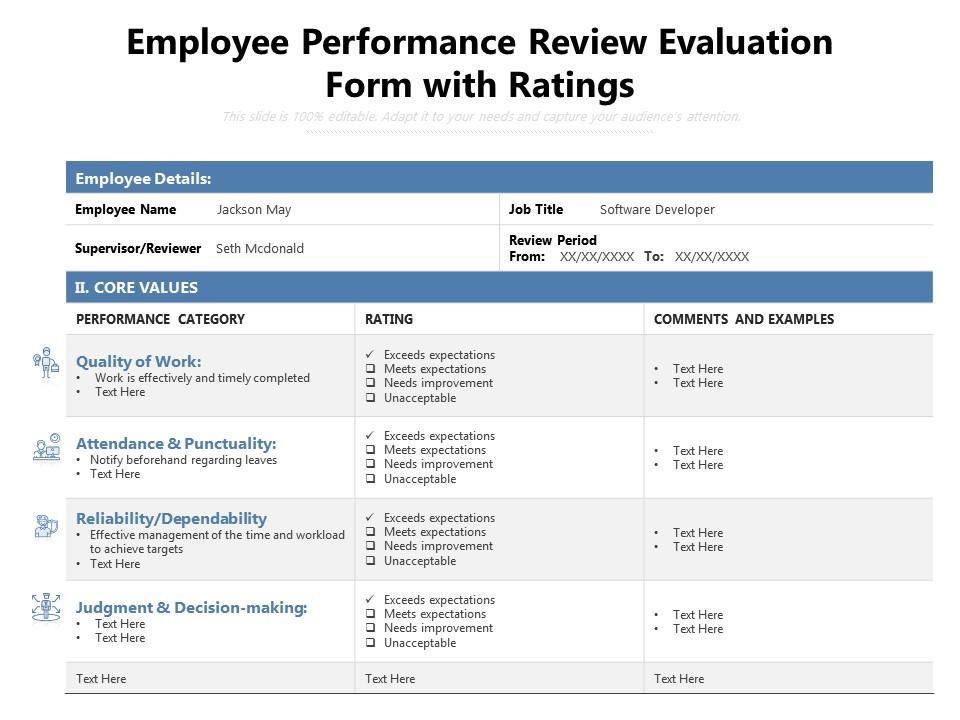
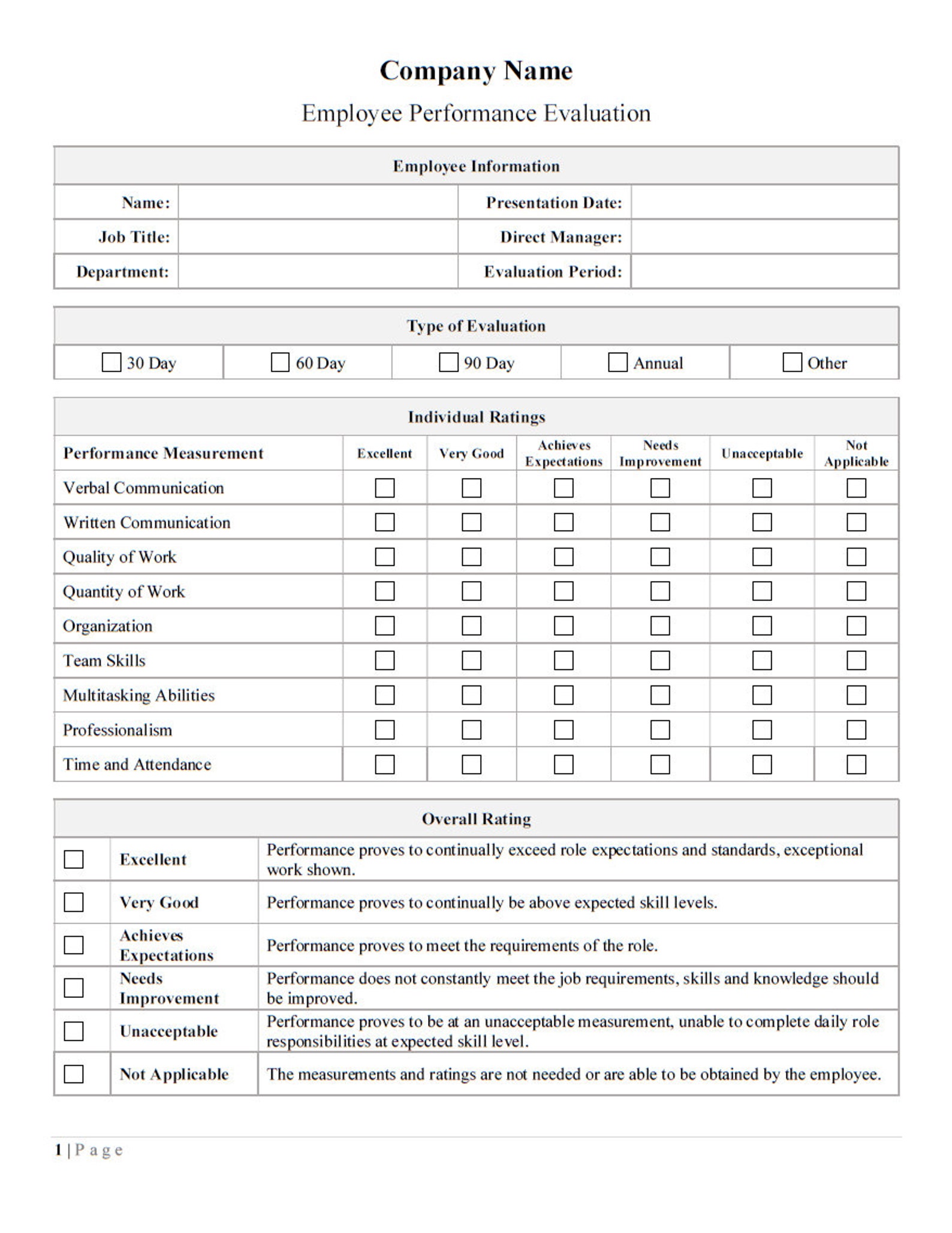
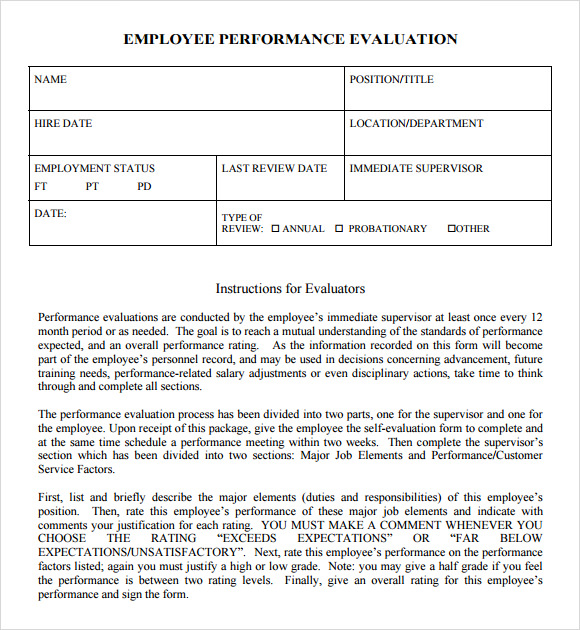
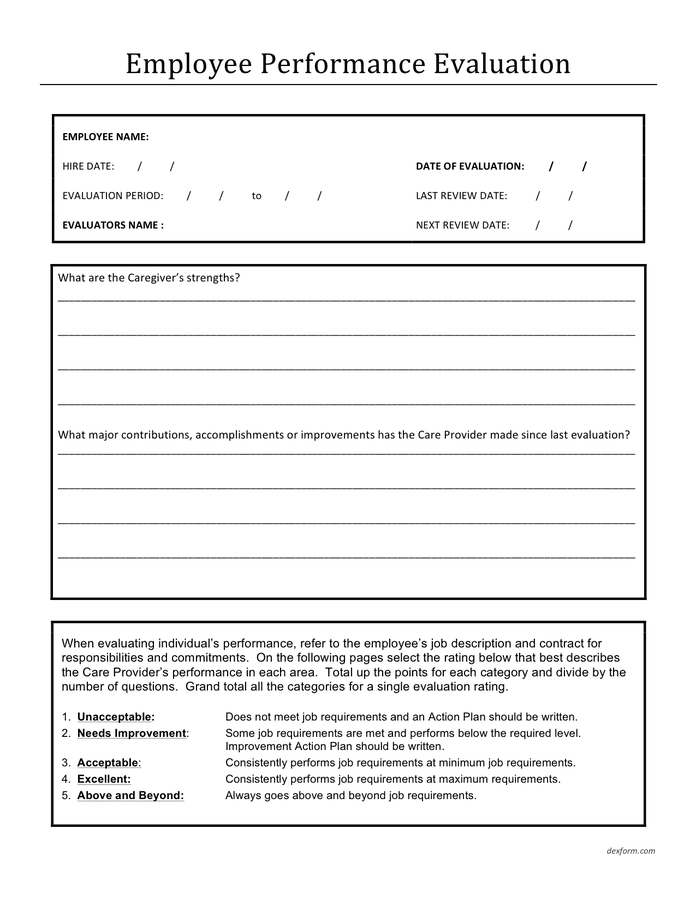
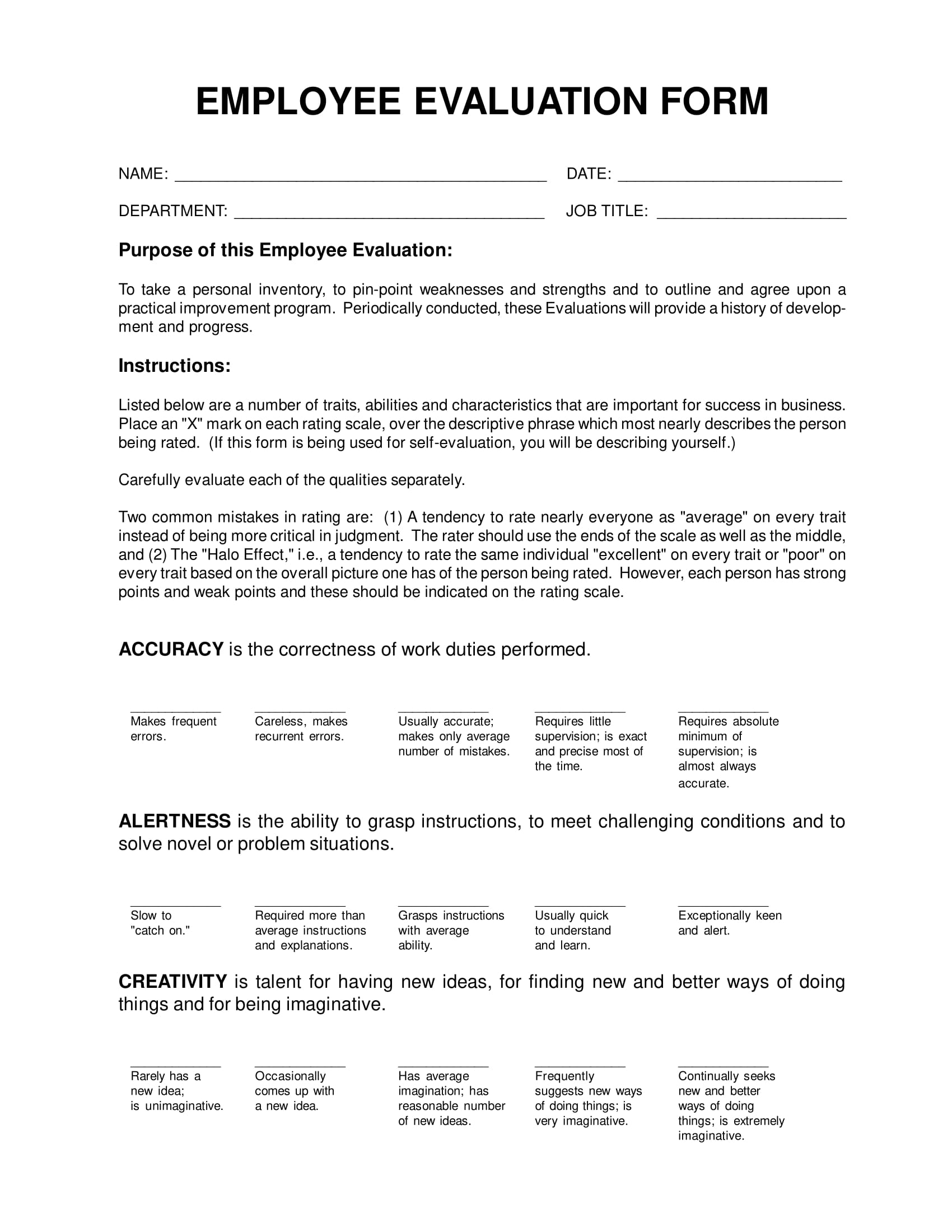
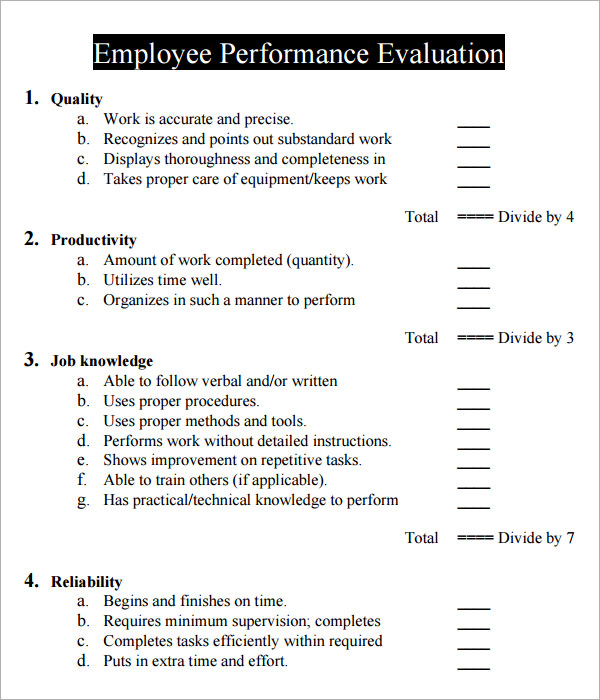
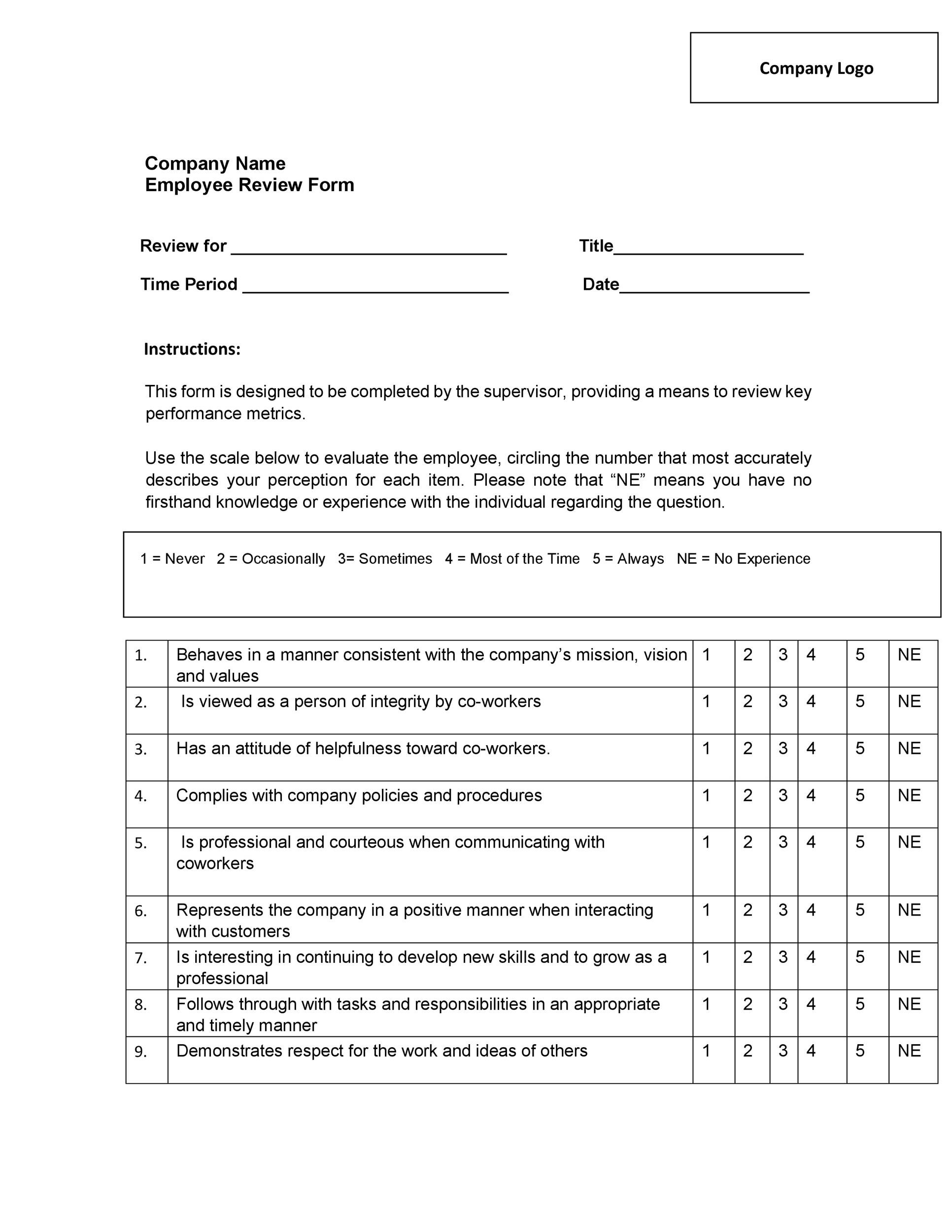
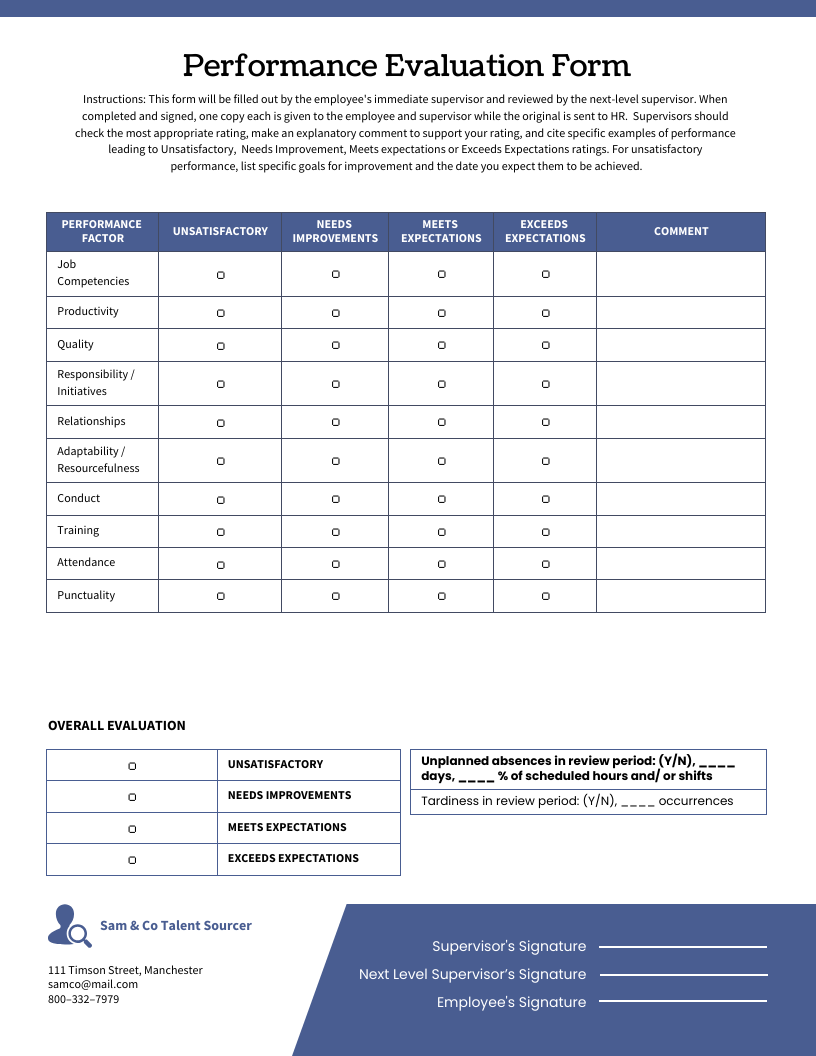

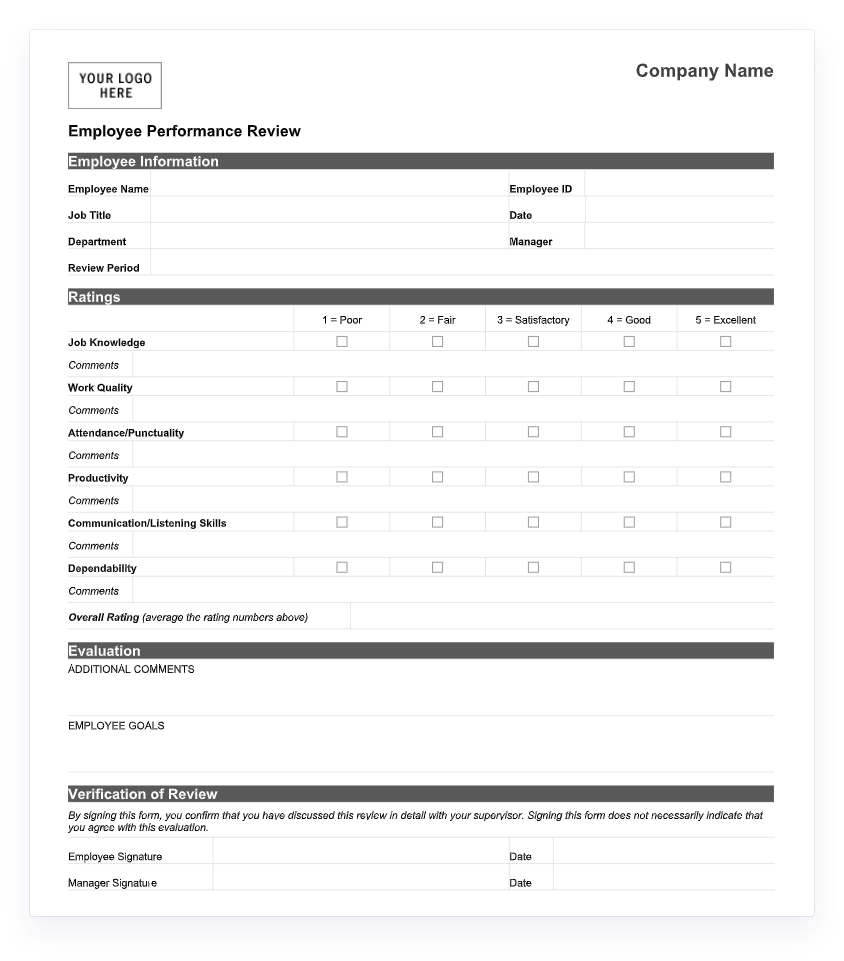

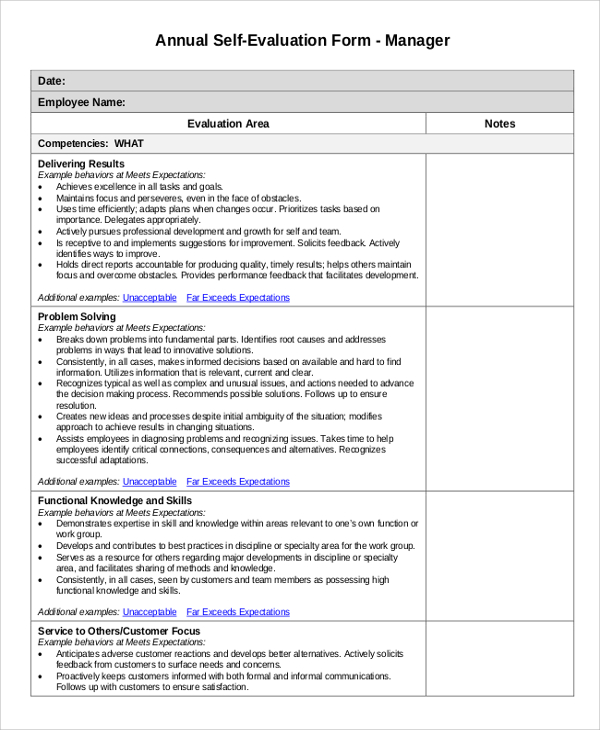

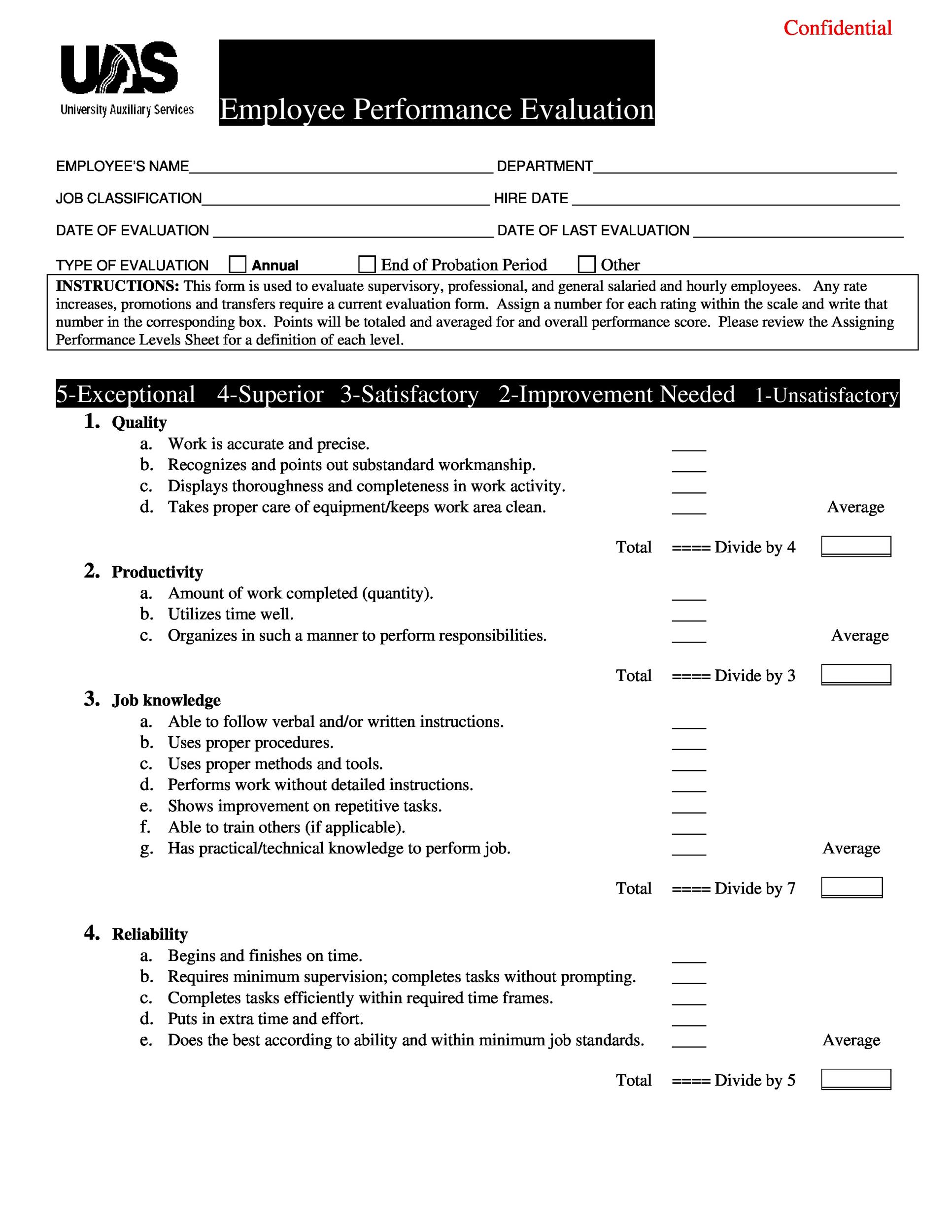

![Evaluation Of Employee Performance 12 Perfect Employee Evaluation Templates [FREE] - TemplateLab](https://templatelab.com/wp-content/uploads/2023/04/90-day-Employee-Performance-Evaluation-Template-TemplateLab.com_.jpg)
